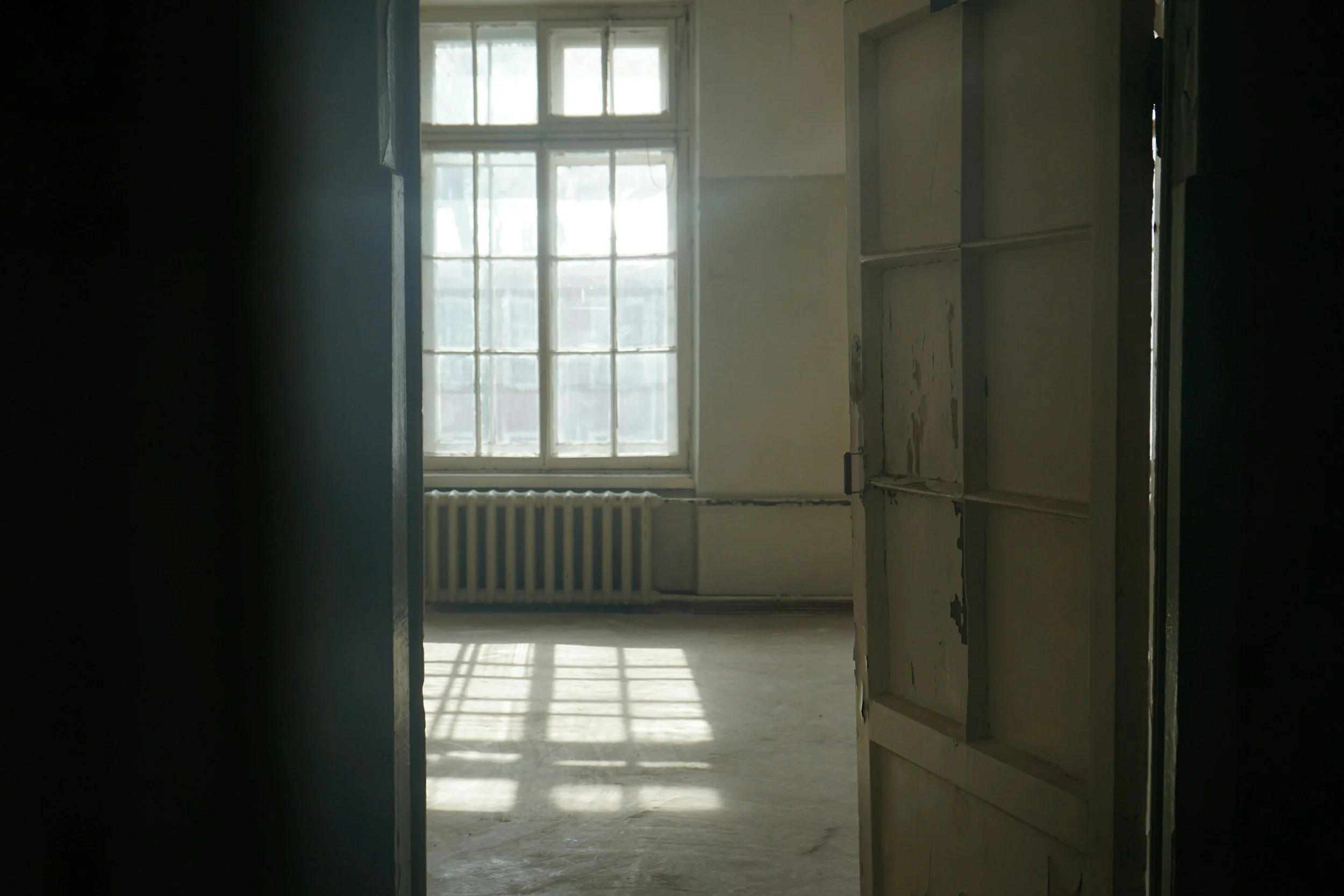Caring for the Elderly During the Covid-19 Winter Lockdown
It was -4C in Lytham St Anne’s, Lancashire, where Kirsten Shields is a month into a new job as an itinerant home carer for the elderly. “We’re right by the sea so there’s a harsh wind. I was cycling into the wind but getting nowhere. The cycling overall is really hard; I wouldn’t necessarily recommend anyone do it on a bike, but what can you do?”
Kirsten ruefully admits a little training for her new bike-based job would have been a good idea- “my legs are twigs anyway and have essentially atrophied over the winter lockdown.” Kirsten stands at 5’3”, has a chirpy sing-song voice, and big round eyes.
Like so many recent graduates, Kirsten has been applying for several jobs a day since completing her master’s in International Relations. The day after a Tesco rejection, a job with Home Instead, the in-home care company, came up. Kirsten was in the position of having to accept the first job opportunity that came her way but has always got on well with older people. She adds that she wanted to “do something helpful” during the pandemic.
The cycle ride from her home in Lytham to her first client, along the coast to George, in St Anne’s takes Kirsten around half an hour. Arthur is 85 years old and has onset dementia. “He had polio,” Kirsten says, “so he’s completely paralysed in his right arm and slightly paralysed in his right leg.”
“I watched Arthur get showered by someone else once. And I thought I could probably do that. I’m too scared to shave him, though; he doesn’t have a safety razor.” Kirsten insists that nothing she does in this new role is difficult, but her unfazed approach seems to be more that of an experienced hospital matron, than a 25-year-old with minimal training.
Visiting carers have noticed a sharp deterioration in dementia since the pandemic began
On one recent visit, Arthur asked Kirsten, “if I’m 185 today, will I be 186 next month?” She said “‘No, you’re 85, and next month you’ll still be 85.’ He did not get it at all, so she wrote it down for him. Now he has a little sticker by his chair that reads, ‘I am 85’.” Kirsten laughs kindly as she recounts this sweet exchange.
Arthur’s wife, Joanne, died at the end of 2020. Every morning, Kirsten cheerfully asks how he slept. He often responds that he woke up in the middle of the night and forgot that Joan had died, and then cried all morning.
Alison, Kirsten’s second visit of the day, is very slight, has dyed red hair, and suffers from severe dementia. Alison’s husband died last month. “[The dementia] used to be ‘onset’ but is now classed as ‘severe’. Her husband was that bit of stability. Now she’s rattling around in her house alone, and it’s all compounded by the isolation of Covid.” Kirsten’s perception of changing family structures has changed a lot since starting her new job: previously, older family members would be looked after by the younger generations, but it is not so simple now.
Worryingly, Kirsten says worsening dementia can prevent proper PPE: “When we arrive, we have to find them in the house, then go to the bathroom and wash our hands, then put gloves and an apron on. Sometimes with Alison, you can’t wash your hands for the first ten minutes because she’s desperate to tell you something but can’t remember what.”
Along with worsening dementia, the ‘client’s’’ loneliness is palpable.
Kirsten’s final visit is to Jim. He is “all there”, and theoretically could look after himself; he does not necessarily need her as Arthur or Alison do.
Jim only started receiving carer visits in January. Kirsten usually makes him a cup of tea and some dinner. She will tidy up a little. He said to her, “It’s not that I can’t do it, I can. It would take me twice as long, but I don’t mind doing it. But I don’t see anyone anymore, because of lockdown.”
Jim’s visit is at 5 pm, and without fail, the daily Coronavirus update is on the television. Gloomy news and isolation have replaced vital, regular excursions into St Anne’s town with the carers, that for months have not been possible.
“Everyone’s struggling with lockdown, but very few people find themselves in that total isolation,” Kirsten adds. “They all seem a little happier after the visit, so it’s very rewarding.”
As Kirsten gets back on her bike to cycle home to Lytham, all her clients will send her off with a “ride safely”, “make sure you’re careful on the road”, or a “put your helmet on”.
Alison always waves at the window. “I need to give her time to get from the door to the window, so I pretend to faff around with my helmet for a moment. She’ll be waving smiling from the window until I’m around the corner and out of sight.”
All names apart from Kirsten’s have been changed
Written by Laura Stewart-Liberty
Laura is a Bristol languages graduate turned Journalism Master’s student, currently based in Buckinghamshire. Freelance writer.









